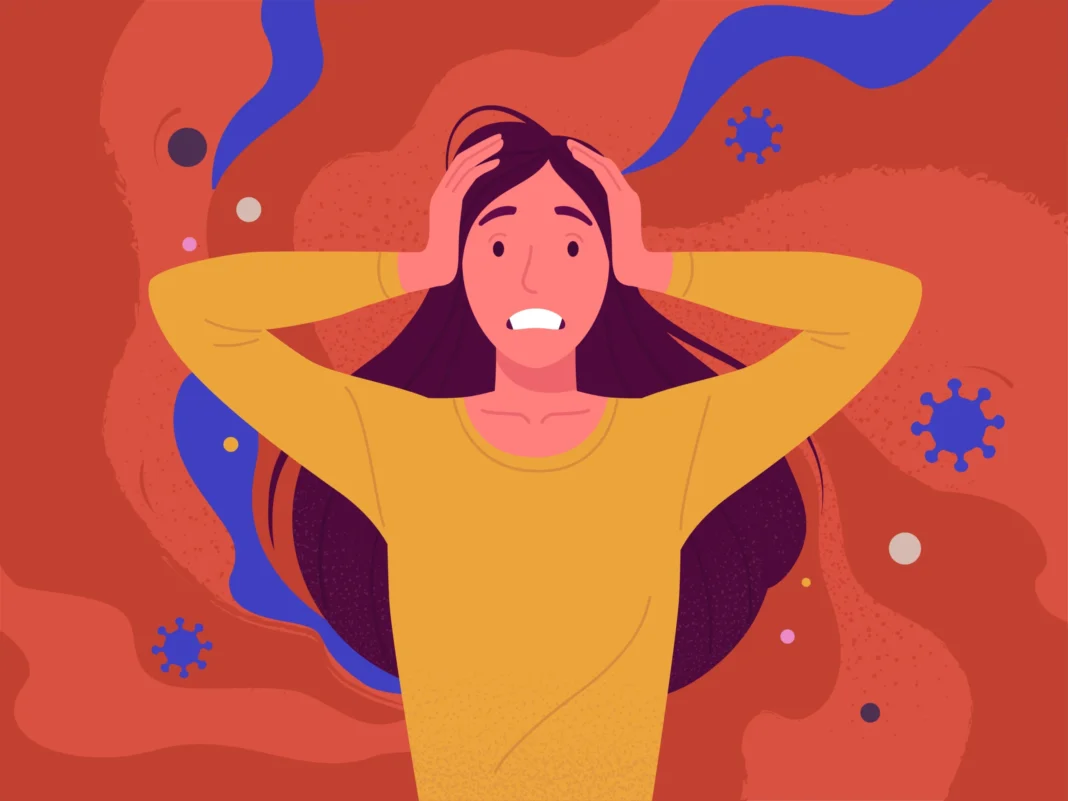Panic attacks, often associated with anxiety disorders, can be debilitating experiences. However, there’s more to panic attacks than meets the eye. While anxiety remains a prominent cause, various other factors can trigger these episodes, shedding light on the complexity of this condition.
Understanding Panic Attacks
Panic attacks manifest as sudden, intense periods of fear or discomfort, accompanied by physical and psychological symptoms. Rapid heartbeat, sweating, trembling, and a sense of impending doom are common during these episodes. While anxiety is a well-known trigger, several other underlying factors can lead to panic attacks.
Exploring the Causes Beyond Anxiety
Beyond anxiety, several other factors can precipitate panic attacks. These include:
1. Medical Conditions
Underlying medical conditions such as hyperthyroidism, hypoglycemia, and heart conditions can mimic the symptoms of a panic attack. It’s crucial to rule out these conditions through thorough medical evaluation.
2. Substance Abuse
Substance abuse, including alcohol, caffeine, and certain drugs, can trigger panic attacks. Stimulants like cocaine and amphetamines, as well as withdrawal from substances like benzodiazepines, are particularly notorious for inducing panic episodes.
3. Medications
Certain medications, such as asthma inhalers containing corticosteroids and some antidepressants, can potentially trigger panic attacks as a side effect. It’s essential to consult with healthcare providers about the possible effects of medications.
4. Genetics
Genetic predispositions can make individuals more susceptible to panic attacks. Family history of anxiety disorders or panic attacks can increase the likelihood of experiencing similar episodes.
5. Stressful Life Events
Traumatic or highly stressful life events, such as the loss of a loved one, divorce, or financial difficulties, can precipitate panic attacks in susceptible individuals. These events can overwhelm coping mechanisms, leading to heightened anxiety and panic.
Conclusion
Panic attacks are complex phenomena influenced by various factors beyond anxiety alone. Recognizing these triggers is crucial for accurate diagnosis and effective management. Whether it’s addressing underlying medical conditions, substance abuse, or genetic predispositions, a comprehensive approach is essential in navigating the intricacies of panic attacks. By understanding the diverse array of triggers, individuals can work towards minimizing the occurrence and impact of these distressing episodes.
Source – Better Health Channel



